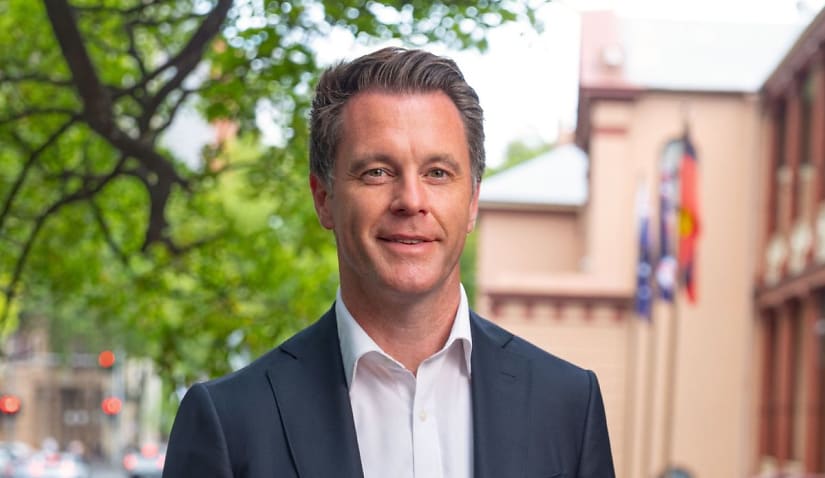The decision by the Minns government in NSW to reform the state’s workers’ compensation legislation has sparked strong criticism from legal bodies and advocacy groups regarding its rushed introduction without proper parliamentary scrutiny.

Last week, the Minns Labor government introduced the Workers’ Compensation Legislation Amendment (Reform and Modernisation) Bill 2025 into Parliament as part of an urgent reform agenda.
The move comes after their initial bill, which was passed through the lower house in early June, was blocked by opposition parties, including the Liberals, Mark Latham, and the Greens.
In a statement, the NSW government argued that within urgent reforms, “340,000 NSW businesses will have to pay a 36 per cent increase in premiums over the next three years – even if they have no claims against them”.
Treasurer Daniel Mookhey argued that reform is essential to prevent ongoing uncertainty from further burdening businesses and community groups across NSW.
“Small businesses and disability service providers face premium hikes that will force many to close their doors. The lack of certainty is creating even more pressure on businesses [that] need an urgent resolution,” Mookhey said.
“I don’t think it is unreasonable for those businesses and disability organisation to simply say to the Parliament, do your job.”
The reforms target critical issues such as the slow return-to-work rates for workers with psychological injuries – where only about 50 per cent return within a year compared to 95 per cent for physical injuries – as well as the private sector scheme’s ongoing losses of $6 million per day.
Industrial Relations Minister Sophie Cotsis emphasised the government’s focus on prevention, early intervention, and improved care, including expanding SafeWork NSW inspectors and establishing a “stop bullying” jurisdiction.
While the reforms have received support from a range of groups, including disability providers, not-for-profits like the St Vincent de Paul Society, and the Business Council of Australia, the government’s approach has drawn criticism from several legal and advocacy groups within the workers’ compensation space.
Shane Butcher, spokesperson for the Australian Lawyers Alliance (ALA), emphasised that introducing a second bill undermines the proper parliamentary process and cautioned that rushing these significant changes is inappropriate for reforms of this magnitude.
“It is appropriate that the previous bill was referred to committee for proper scrutiny and consideration,” Butcher said.
“The reforms proposed to the workers’ compensation scheme will have a significant impact on the lives of people injured at work. It is simply not appropriate to rush through changes like this without proper and careful review.”
The ALA stresses the importance of the ongoing Public Accountability and Works Committee inquiry into the original bill, which includes scheduled hearings to hear firsthand experiences from injured workers.
“We need to remember that this legislation will affect the lives of everyday Australians who have been injured at work. It is critical that the government does not try to push through new legislation that has not been properly considered,” Butcher said.
The Law Society of NSW president, Jennifer Ball, echoed these concerns, stating that introducing a second bill while the first remains under inquiry “undermines the democratic process” and demonstrates a disregard for parliamentary scrutiny.
“The referral of the previous bill to two separate inquiry processes speaks to the significance of the proposed reform for the economy and for injured workers, and to parliamentary processes appropriately recognising the need for close scrutiny and consultation,” Ball said.
“The Law Society agrees that the present workers’ compensation scheme needs reform. However, by introducing this second bill without comprehensive consultation, and without the benefit of the report and recommendations of the Public Accountability and Works Committee, the government is compounding the inadequacy of the consultation process relating to these reforms from their inception.”
In light of this, Ball emphasised that the Law Society is urging the NSW government to return the legislation to “the design stage, and engage in meaningful and inclusive consultation, rather than proceed with another rushed bill”.
Dominic Toomey SC, president of the NSW Bar Association, has also criticised the Minns government’s second bill, warning that if passed, it would “substantially reduce the rights and entitlements of injured workers, particularly those who have suffered psychological injuries”.